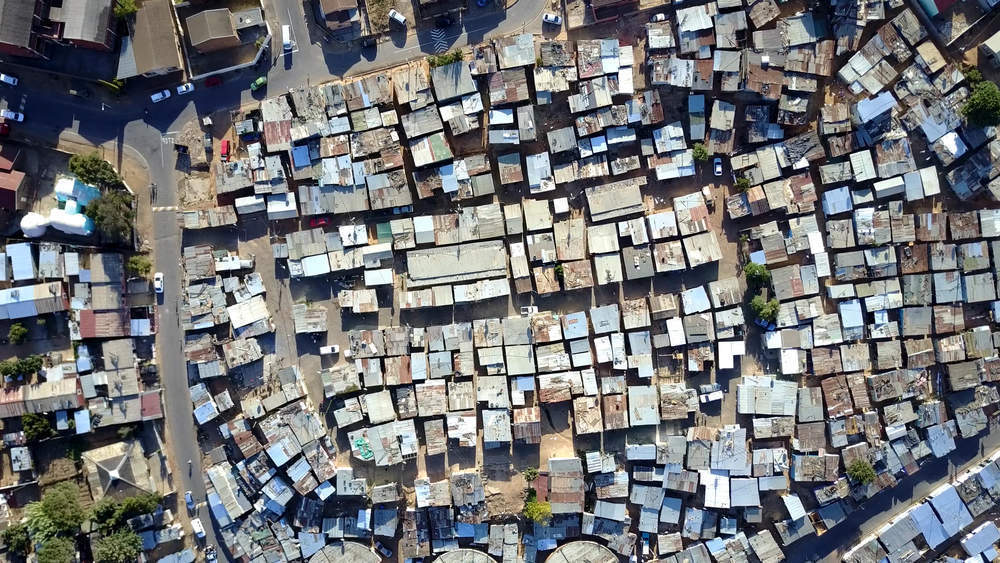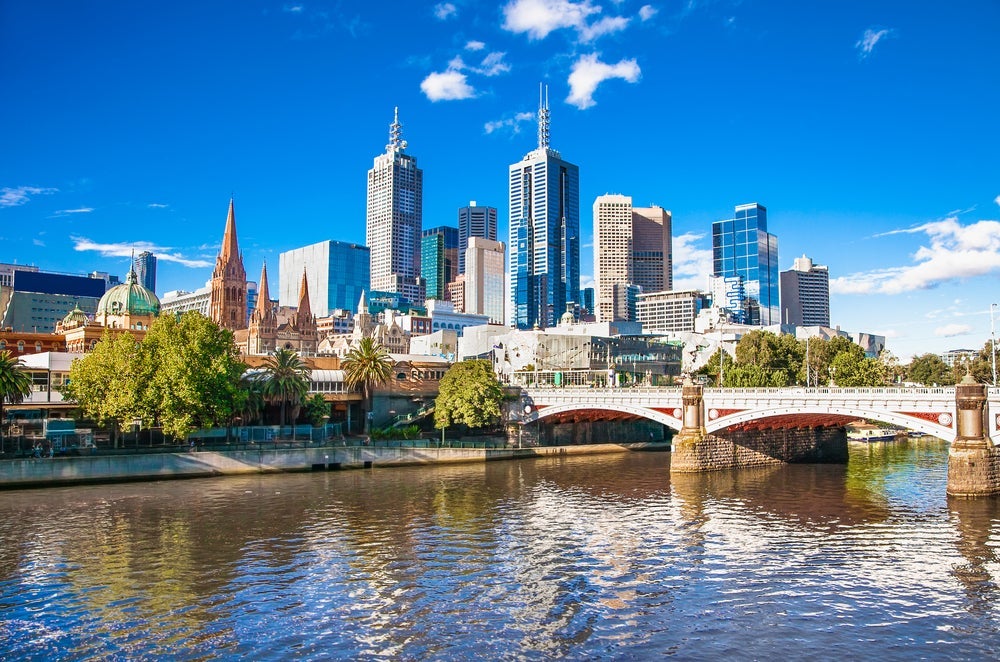From the rise of mega cities to climate change, the need to adapt to a new social and environmental imperative is growing.
Recent research from GlobalData predicted that by 2025 there will be 37 mega cities globally (cities with a population of 10 m or more), with 31 of them located in the developing world.
According to UN Habitat, the number of people living in urban slums in developing regions has increased by 28 percent from 1990 to 2014, with the figure expected to rise further.
The majority of slum dwellers suffer from severe poverty and often lack access to basic urban services.
Rapid urbanisation and restricted access to urban services demand a serious planning and policy challenge that the world and in particular the developing countries will have to face during the upcoming decades.
The International Energy Agency estimated that in 2016, 16 percent of the global population lacked access to electricity; 95 percent of those living in the dark were in Asia and Sub-Saharan Africa.
How well do you really know your competitors?
Access the most comprehensive Company Profiles on the market, powered by GlobalData. Save hours of research. Gain competitive edge.

Thank you!
Your download email will arrive shortly
Not ready to buy yet? Download a free sample
We are confident about the unique quality of our Company Profiles. However, we want you to make the most beneficial decision for your business, so we offer a free sample that you can download by submitting the below form
By GlobalDataDespite the indisputable role of electricity in the survival and well-being of people, its supply is not yet recognised as a basic urban service.
Inhabitants of informal urban settlements in developing countries may completely lack access to electricity, while others may experience unreliable supply.
Households in informal settlements often suffer from low lighting during the daytime due to the lack of windows and the fact that they are located in narrow streets, which ultimately block the natural sunlight.
Further, due to the settlements’ illegal status, and the lack of registered address, utility companies often refuse to provide slum dwellers with electricity.
Households that are connected to the grid avoid using electricity during the daytime to limit electricity bill surges, while kerosene lamps or candles lead to higher household expenses and have adverse effects on health and safety.
The inadequate access to lighting throughout the day is a major bottleneck that severely limits the ability of these communities to flourish.
Innovations are being seen with the introduction of low-cost — often easily replicable — energy products, which can improve the living conditions of dwellers in multiple ways.
The Liter of Light project for example, first launched in the Philippines, involved the installation of solar light bottles on the rooftops of informal settlements to illuminate households and small businesses.
In India, the social enterprise Pollinate produces and sells low-cost solar lights, while training the local community to become micro-entrepreneurs. Likewise, in Nairobi’s largest slum, Kibera, a low-cost project uses litter to produce heat for cooking and warming water, while cleaning the streets of the settlement and destroying toxic waste.
Such projects provide poor households with energy at minimal cost, while enabling them to be ‘green’. In addition, they extend working hours until after dark and create new jobs in the community.
Rapidly growing slums, often seen as the epitome of poverty, could play an important role in transforming the livelihoods of their dwellers.
The international community has the duty to mobilise action towards the upgrading of these settlements.
Incentivising local entrepreneurs and supporting smaller scale initiatives in renewable energy could be a potential solution for ensuring the access of slum populations to adequate urban services and promoting the sustainable development of cities.







